When music replaces the screen
“Before, during recess, there was only the sound of cell phones clicking. Now the school yard is filled with singing,” Hoang Nguyen Khanh Van, a student in class 11D2 at Marie Curie High School ( Ho Chi Minh City), shared with a smile.
Khanh Van is currently the head of the school’s Music Club. The group was founded over a year ago, with the initial goal of creating a playground for students who love to sing. But when the school launched a movement to limit the use of phones during recess, the club unexpectedly became a “bridge” for students to get away from the screen and find real joy.
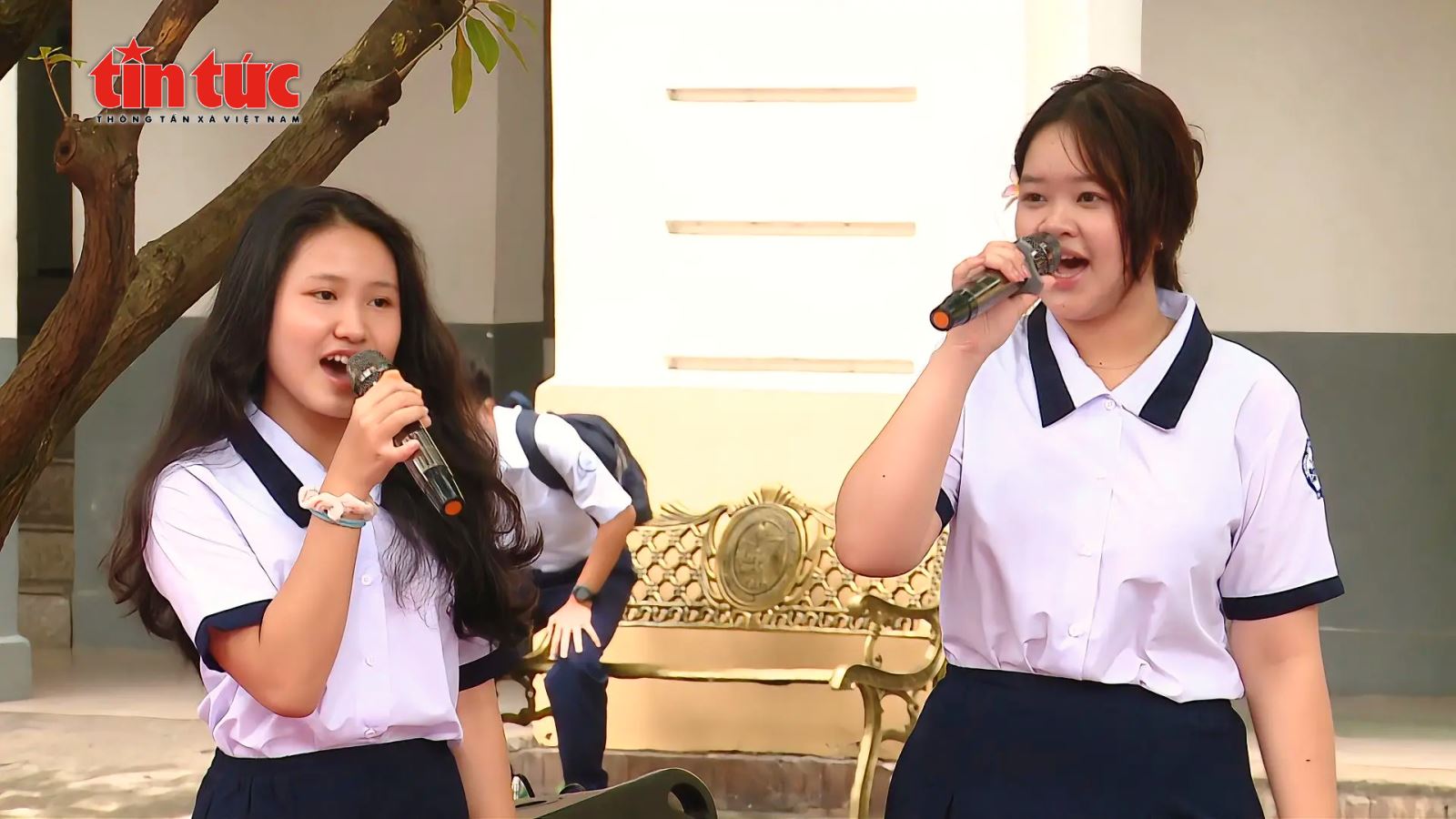
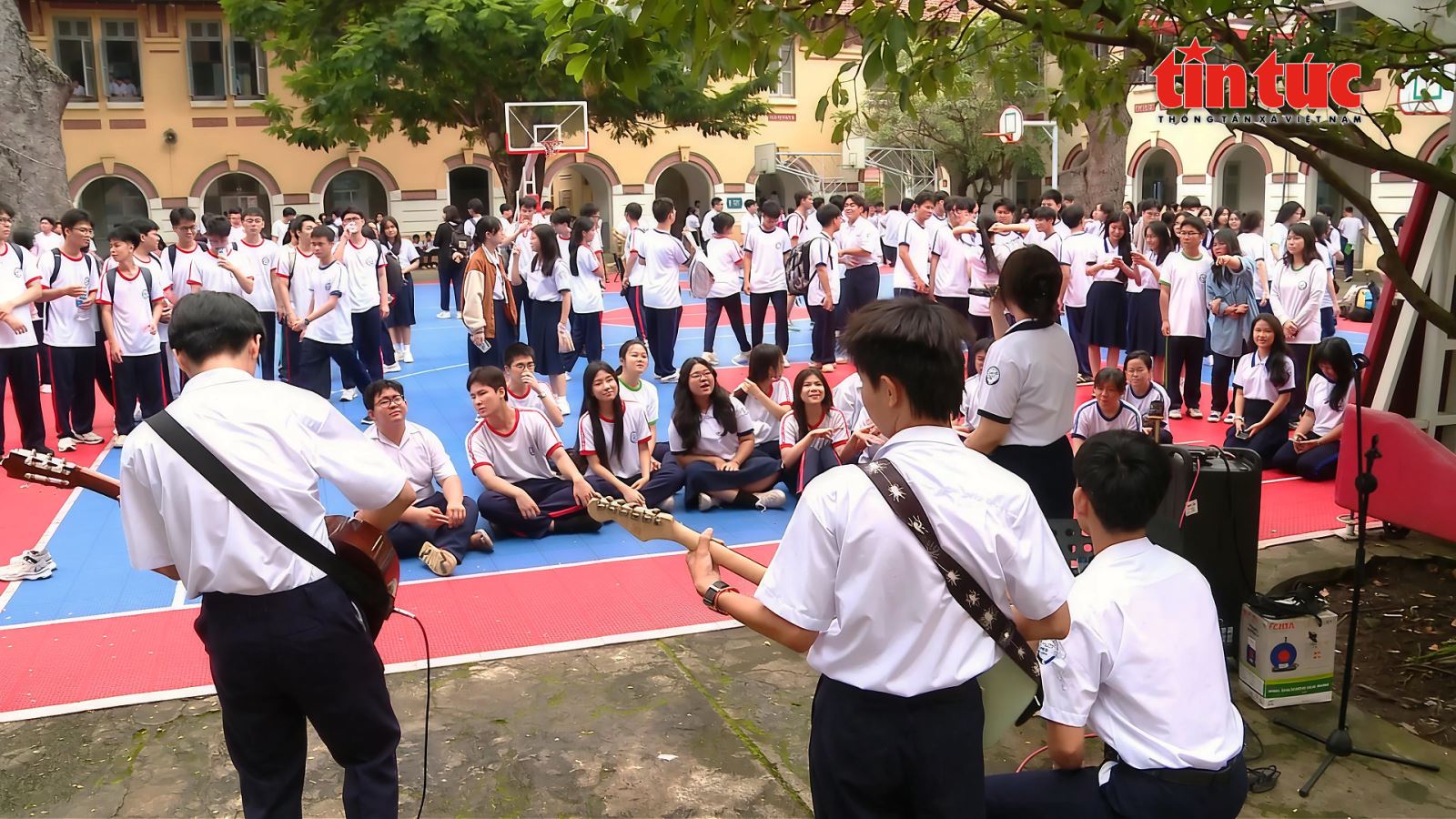
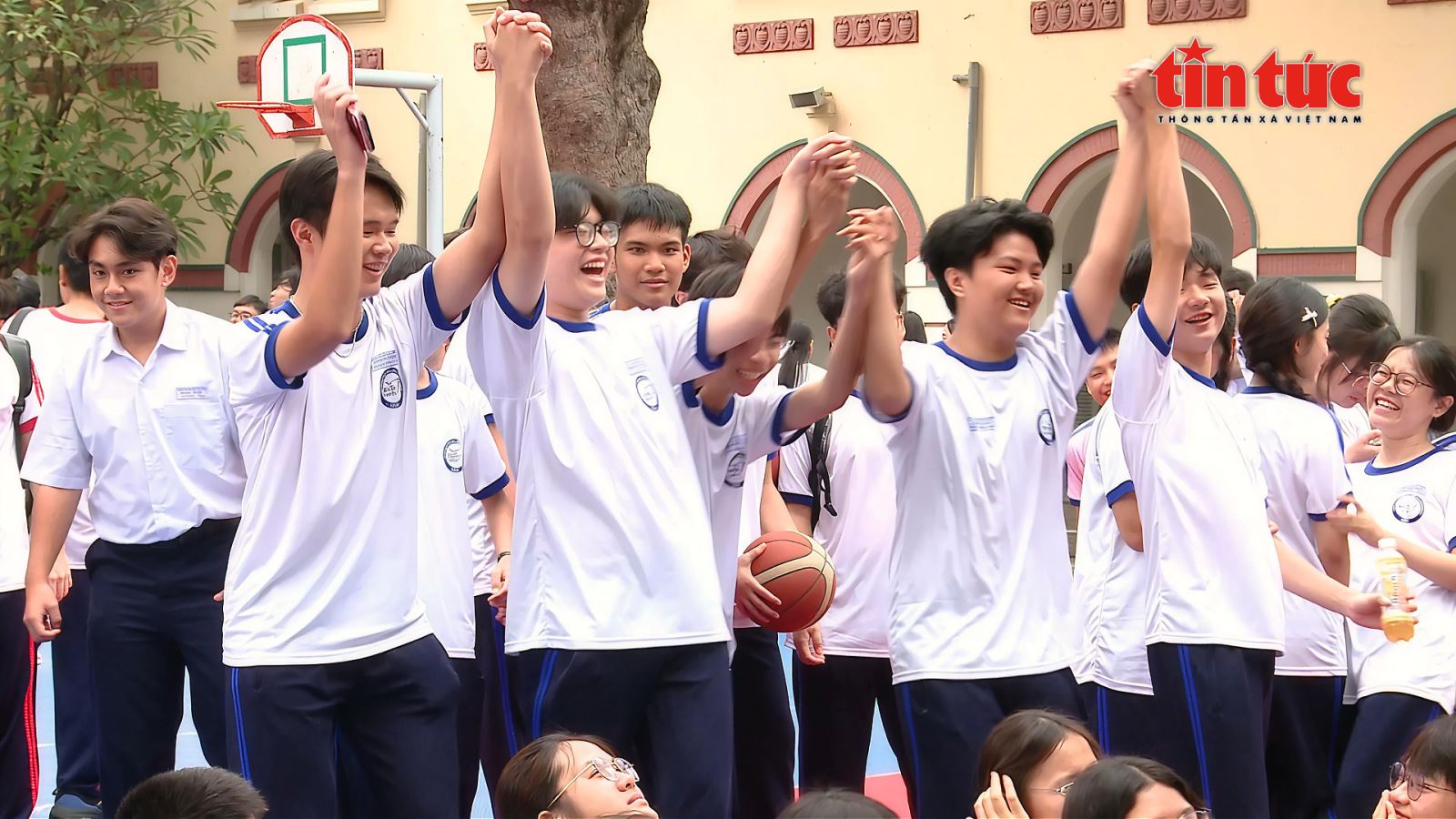
“Instead of each person having a phone, we chose to connect through music. Every break time was a small performance, with musicians, singers and cheerleaders. The atmosphere was so fun, everyone participated,” Khanh Van said.
After only a few months, the group’s “mini shows” became a favorite habit of the students in the school. The stage was the steps in front of the classrooms, the audience was the students who had just run out into the yard. Without anyone telling them, the whole school seemed to be younger and more lively.
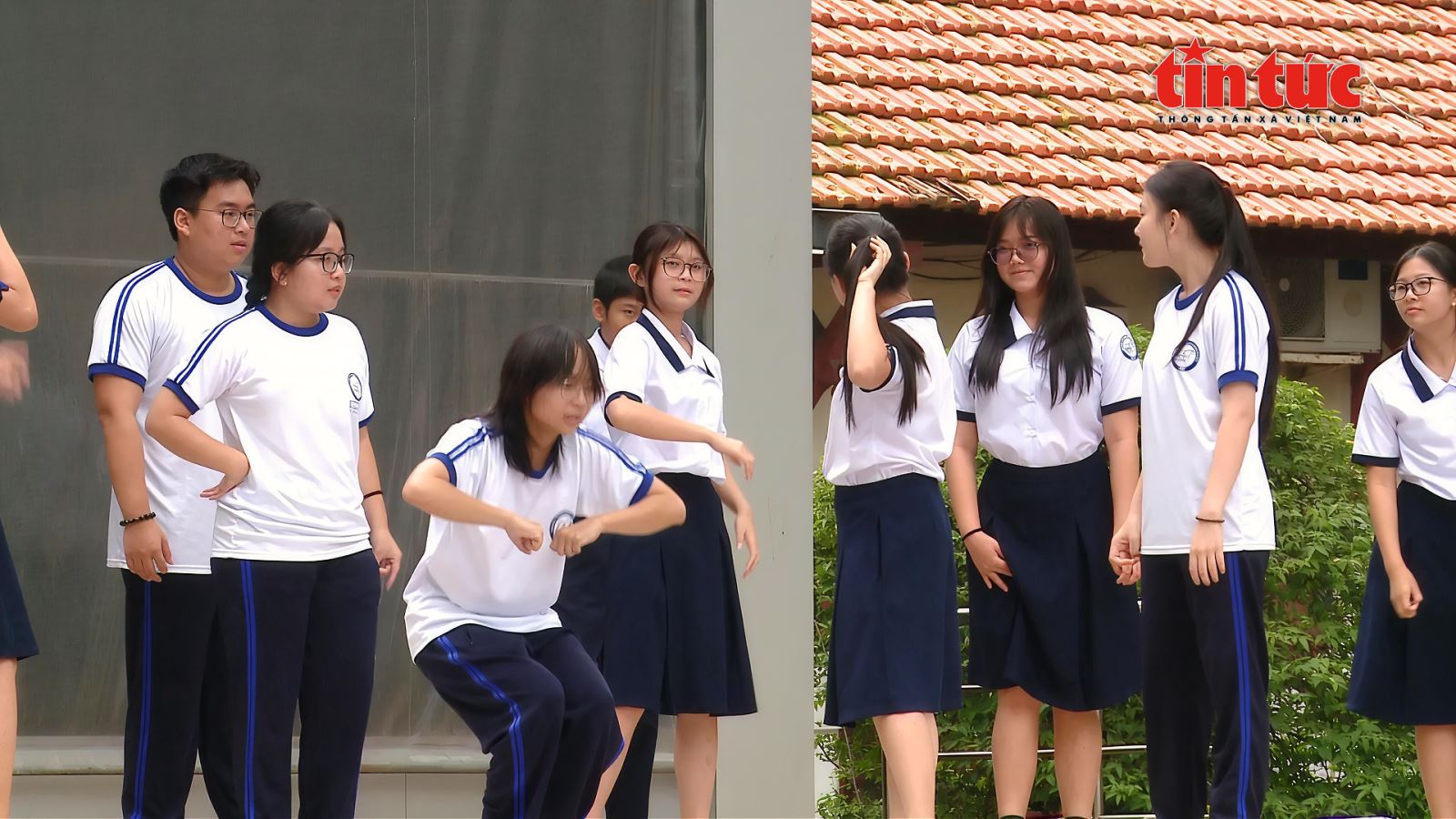

Not only music, recess at Marie Curie High School is now also the time for students to participate in many sports and art activities. Cheerleading, modern dance, badminton, folk games… are all regularly organized by the School Union and student clubs.
Le Hoang Minh Thu (class 11D3) shared: “I find these activities very useful. Without using phones, we talk more and laugh more. Every time I participate in group games, I feel closer to my friends. Without such activities, everyone would be engrossed in their phones.”
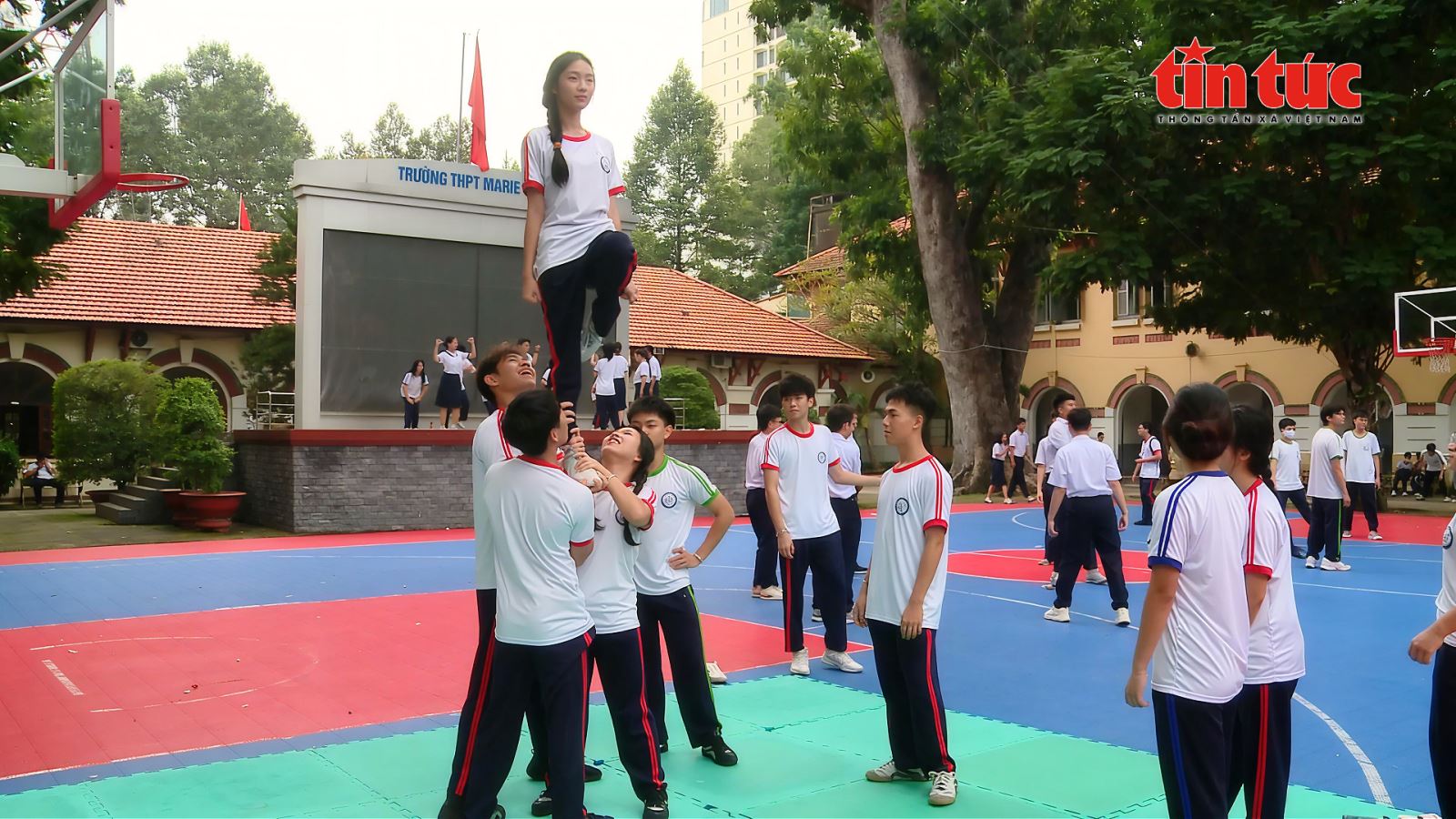

Previously, according to Minh Thu, more than 90% of her classmates used their phones during recess, mainly to check social networks or play games. “But now, there are games, there is music, everyone goes out to the yard. Recess is truly ‘playtime’ for us,” Minh Thu said with a smile.
Nguyen Bao Thi (class 11A5) frankly admitted: “I think we shouldn’t ban it completely because phones still help us study. But the school did a great job, not banning it outright but creating an attractive playground so that we want to put our phones down. Having fun with friends is even better.”
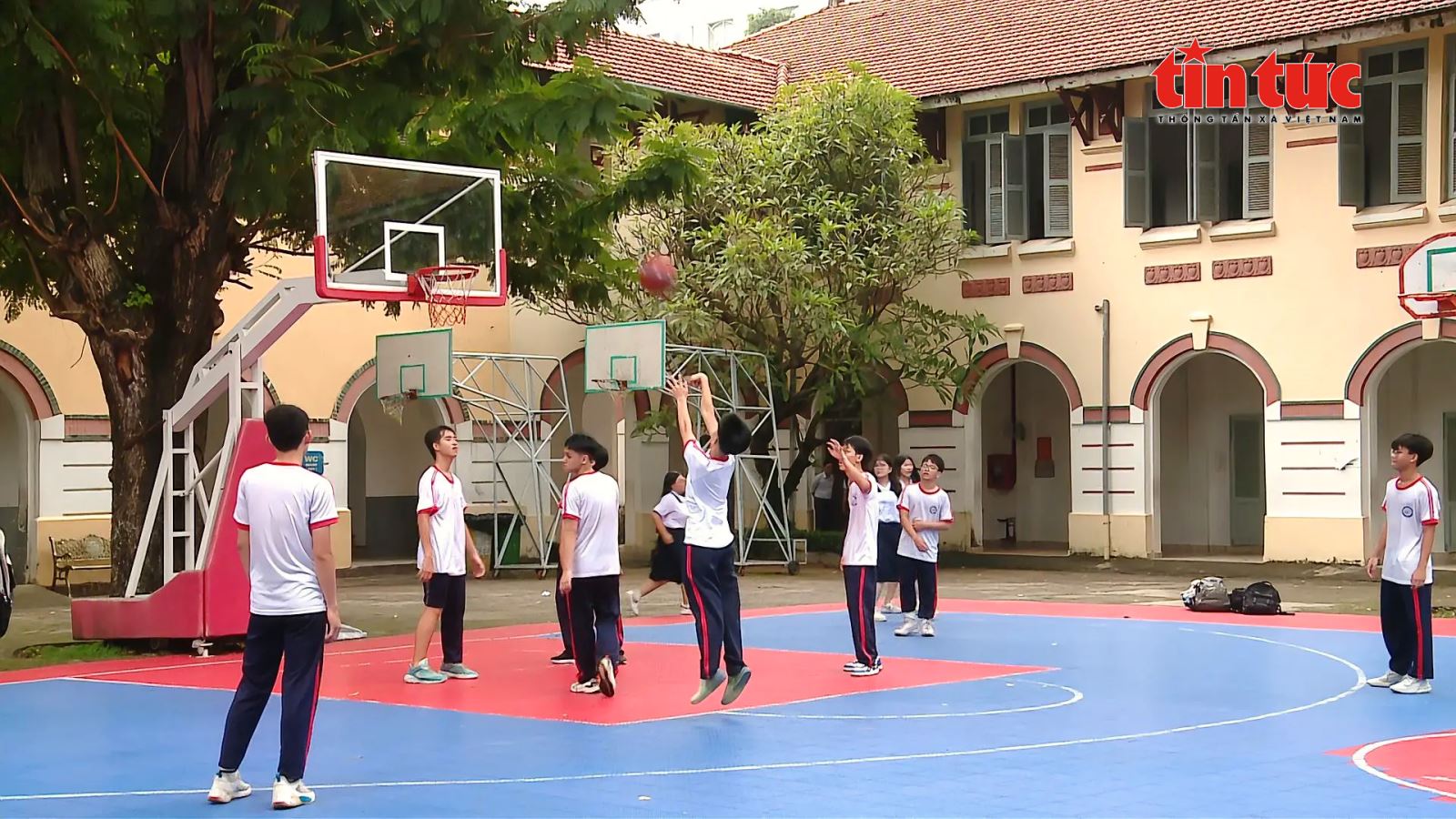
Mr. Nguyen Manh Hung, Vice Principal of Marie Curie High School, said that the policy of "not using phones during recess" was implemented by the school in a flexible manner, both through propaganda and organizing alternative activities.
“We want students to escape the virtual world and return to real experiences. Therefore, the school cooperates with the Youth Union and clubs to organize a variety of playgrounds: from arts, sports, to aerobics and even cheerleading. When students feel happy, they will naturally put down their phones,” Mr. Hung shared.
It is expected that in the next few months, the regulation “no phone use during recess” will be included in the official regulations. But before promulgating, the school has conducted propaganda and education through practical experiences. “Once students understand the benefits of temporarily leaving their phones, the regulations are no longer a pressure, they become a culture of behavior, a good habit,” Mr. Hung added.
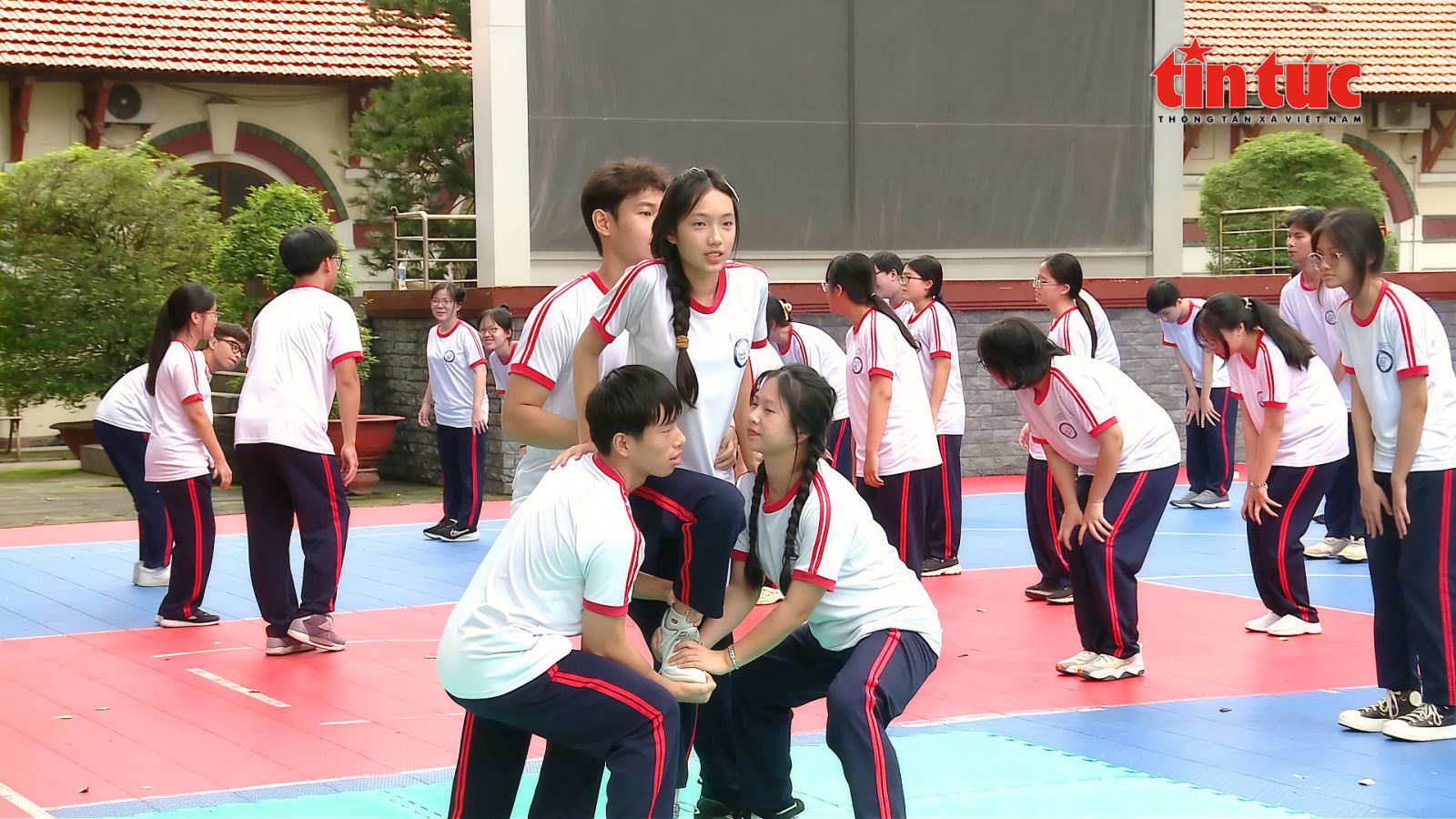
To help students find "the joy of school life" again
From a school psychology perspective, Mr. Hua Vinh An, a psychologist at Marie Curie High School, said that students being attached to their phones is inevitable in modern society, but if not properly guided, they can easily fall into a state of dependence.
“Phones help students learn more effectively through interactive applications and learning games. But if abused, they will gradually lose the ability to interact socially and reduce their connection with friends and teachers. Recess is the time for students to restore energy, so it should be spent on real activities,” Mr. An analyzed.
According to him, the best solution is to establish rules for phone use based on consensus between teachers and students, with specific instructions on when to use them and when not to use them. “Absolutely banning them will cause students to react, but if they are given complete freedom, they will easily abuse them. The important thing is to guide them to be self-aware,” Mr. An emphasized.
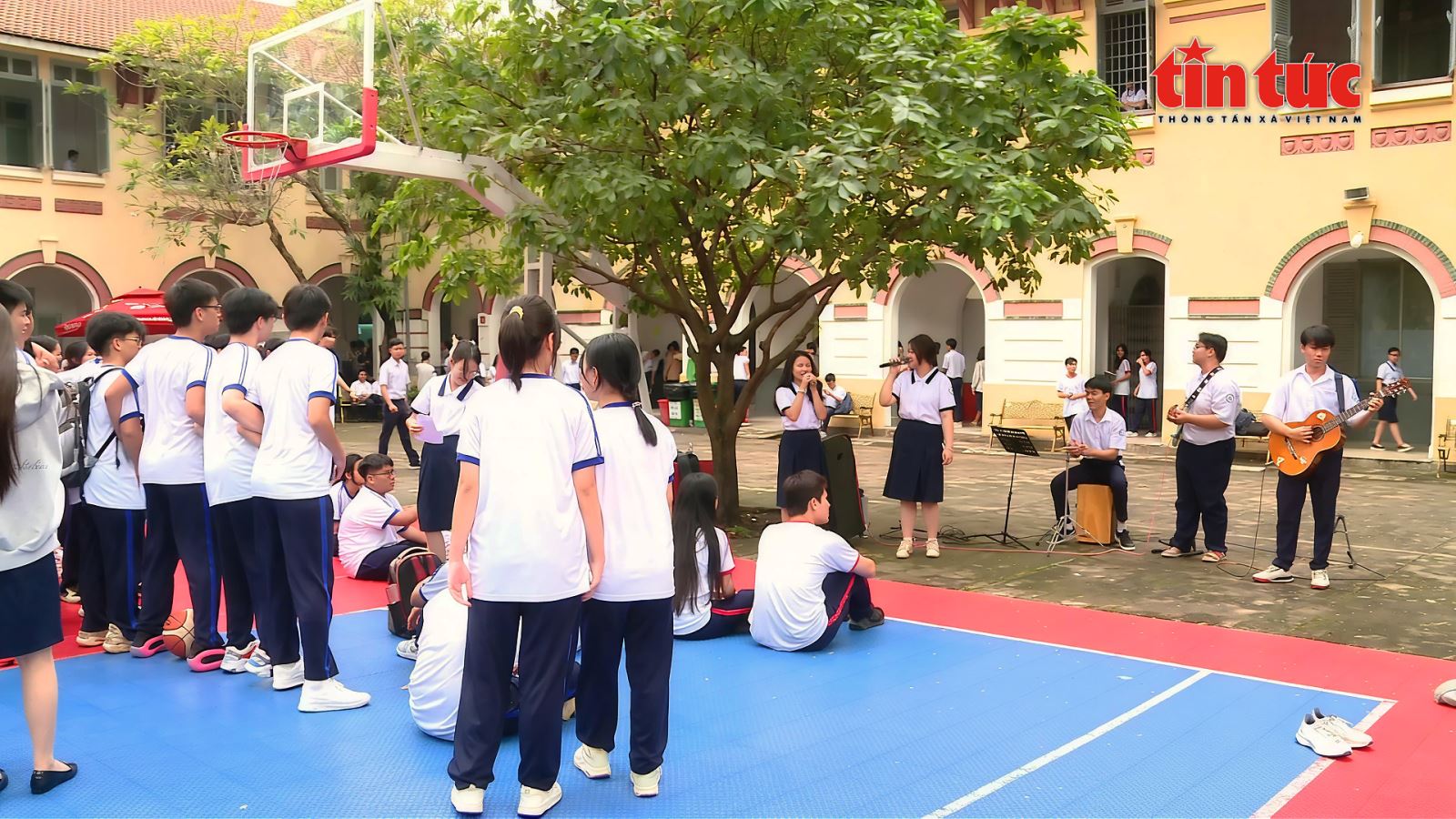
To date, many students at Marie Curie High School have set themselves a “little convention” of not touching their phones during the first 15 minutes of recess. Instead, they talk together, play games or listen to music. “At first, I found it a bit difficult, but now I’m used to it. I feel much more comfortable,” an 11th grader said happily as he high-fived his friend after a basketball game in the middle of the court.
The valuable thing is that the change does not come from orders but from the students' natural needs. When they experience real joy and real communication, they will proactively choose a healthier lifestyle.
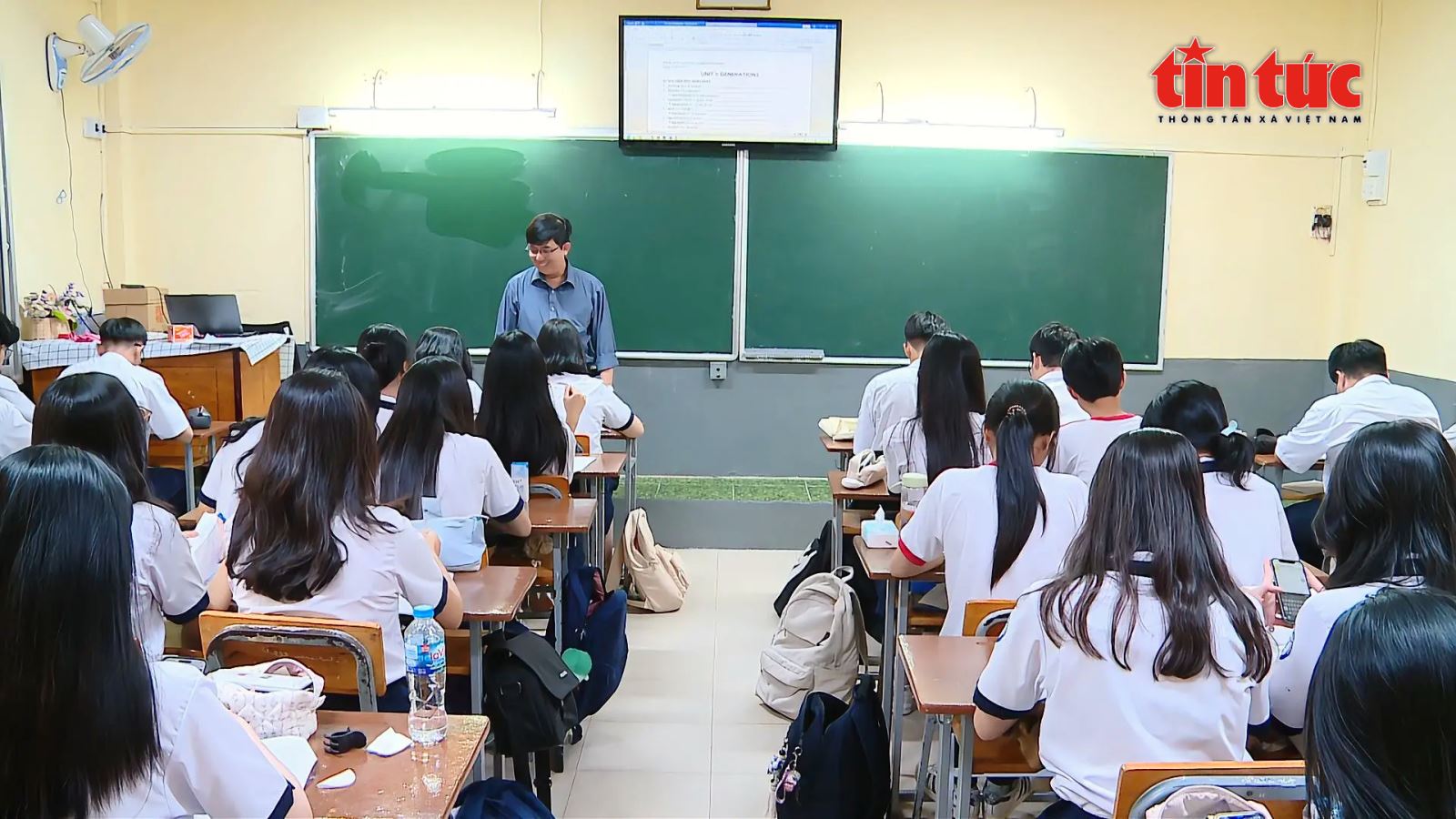
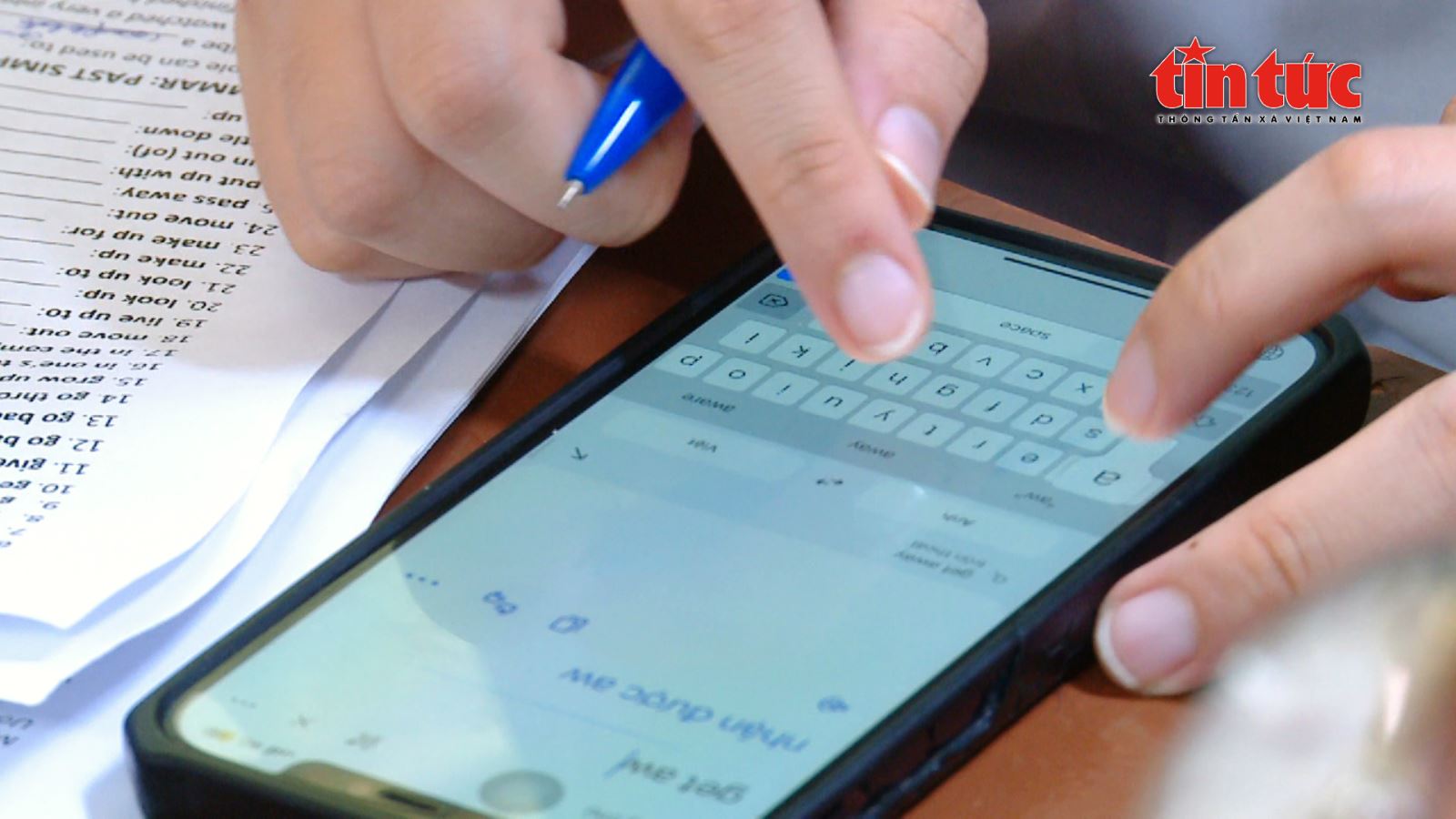
No phone does not mean losing convenience; on the contrary, it is a way for students to return to the real world, where there is laughter, eye contact and sharing. From a small music group, the movement “No phone recess” has spread throughout the school. Many students now propose additional activities: organizing mini games, performing arts, painting murals… Every idea is encouraged and supported by the school.
“Recess is a quiet time to recharge. When students proactively put their phones away, we see them become more mature and live more positively,” Mr. Hung added.
From the perspective of teachers, parents and students, everyone agrees that reducing phone usage is not only about maintaining discipline but also about training self-control in the digital age. Recess is now no longer just a 15-minute period between two classes but a moment for students to regain their fullest student years. The sounds of music, laughter, and hugs have returned, warmer and more bustling than ever.
Source: https://baotintuc.vn/ban-tron-giao-duc/gio-ra-choi-khong-dien-thoai-hoc-sinh-tim-lai-niem-vui-tuoi-hoc-tro-20251014102745701.htm








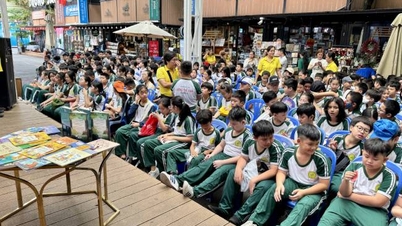
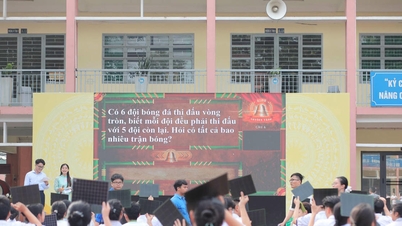

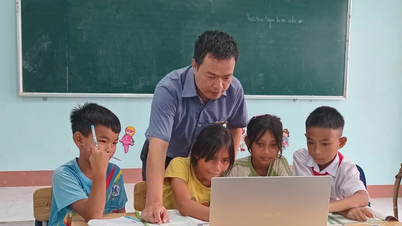








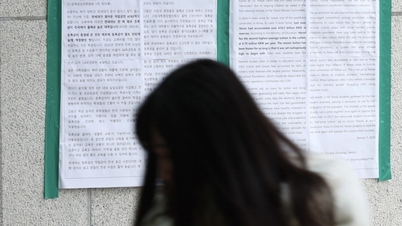















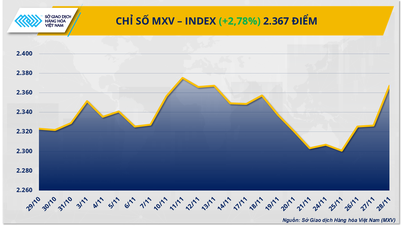




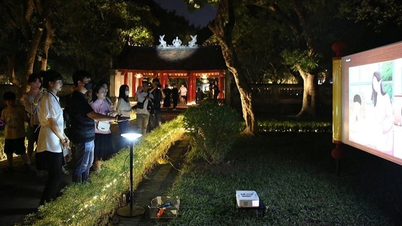







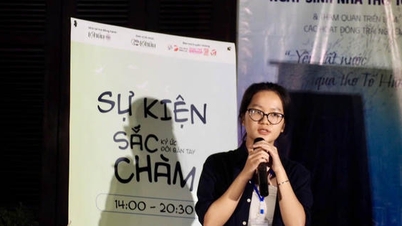

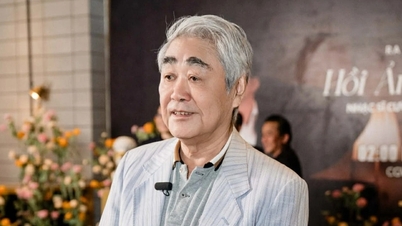
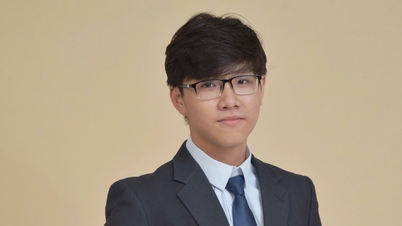


































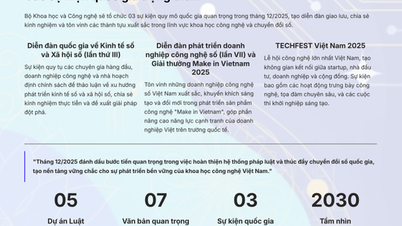






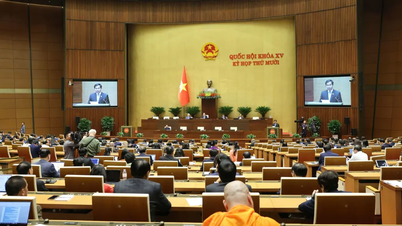

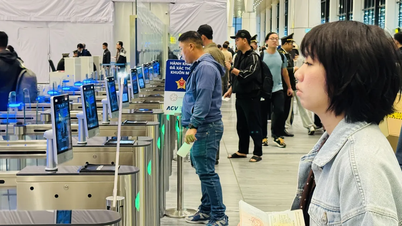













Comment (0)